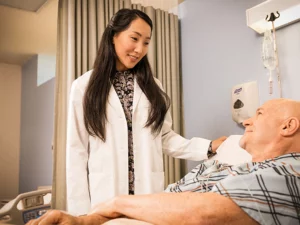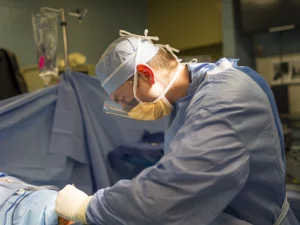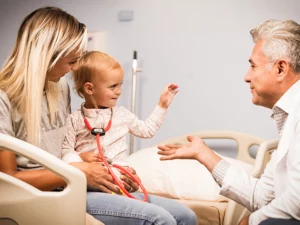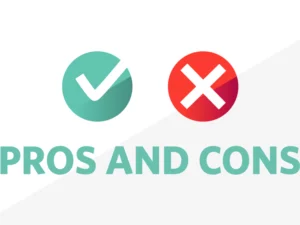Transition tips for physicians who want to make the switch to working temporary locum tenens assignments.
Category - Locum Tenens
A physician shares how locum tenens for orthopedic surgeons lets him maintain his skills, have more career freedom, and increase his income.
Learn about four job options for retired healthcare professionals that allow providers to use their skills without a long-term commitment.
Dr. Sandeep Aggarwal shares why he thinks physicians nearing retirement should consider locum tenens as a late-career alternative.
Physicians discuss how locum tenens pay allows them to pay down debt, start their own businesses and have better work/life balance.
If you are considering your first locum tenens job, it is wise to weigh the pros and cons of locum tenens. Seven locum physicians share their take.
The definition of locum tenens and a beginner's guide to the locum tenens industry and how it works for physicians.
If you’re interested in working an international locum tenens assignment, Weatherby can help you get started.
Experts share their tips in this webinar on locum tenens finances, including what independent contractor physicians need to know.
Here’s how Weatherby Healthcare performed among other top locum tenens agencies when physicians were surveyed in 2022 and 2023.










